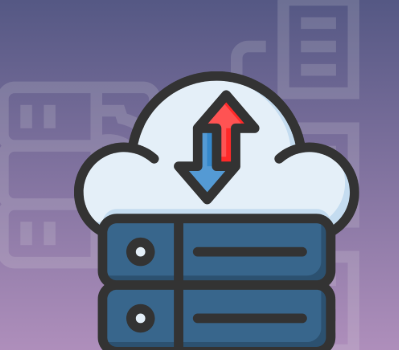
In today’s digital-driven landscape, having a fast, reliable, and high-performing website is not optional—it’s essential. Whether you’re an entrepreneur launching a new venture or a small business expanding your online presence, choosing the right hosting service can make or break your digital success. Surprisingly, many still prioritize flashy web design over solid hosting infrastructure, forgetting that an attractive website is meaningless if it’s constantly down or too slow to load.
While web hosting might seem like a purely technical decision, it’s directly tied to user experience, site stability, and long-term scalability. So how do you pick the right hosting provider amid a flood of options promising unlimited everything for a few dollars a month? Let’s explore the most important considerations and how to match hosting services to your specific goals.
Start with What Your Website Actually Needs
There’s no one-size-fits-all hosting service. What works for a personal blog won’t suffice for a business generating high traffic or handling sensitive transactions. Start by assessing your priorities—do you need simple hosting to publish occasional posts, or are you building an e-commerce platform requiring consistent uptime and rapid page loads?
If your goal is simply to share ideas or maintain a lightweight personal website, you can get by with a budget-friendly plan offering modest performance. But if you’re running a business or expecting professional-grade traffic, performance and reliability must come first. A laggy, error-prone website can quickly drive visitors into the hands of competitors.
Keep in mind that suspiciously cheap services promising “unlimited” bandwidth usually come with significant trade-offs. These providers often cram hundreds of users onto a single server, leading to slow speeds, regular downtimes, and no room for future growth. A small upfront savings can end up costing you lost customers and revenue down the line.
Choosing Between Shared, Dedicated, and Virtual Servers
Once you’ve ruled out low-quality providers, your next decision involves the type of hosting setup best suited to your needs:
- Shared Hosting is the most affordable, but it comes with limitations. You share resources—like bandwidth and storage—with many other websites. If your site doesn’t demand much power and you’re not expecting high traffic, this might suffice. Just be aware of slower speeds and occasional outages during peak times.
- Dedicated Hosting gives your site full access to a physical server, offering maximum performance, reliability, and security. It’s ideal for businesses handling significant traffic or sensitive information. While it costs more, the investment pays off in faster load times, better SEO rankings, and higher conversion rates.
- Virtual Private Servers (VPS) strike a balance between shared and dedicated hosting. While the server is still shared, each site gets its own virtual space with allocated resources. VPS hosting offers more control, customization, and protection from other users, making it suitable for growing businesses or websites managing secure transactions.
Essential Features to Look For
Before you lock in a provider, focus on these three critical features:
- Bandwidth Capacity
This determines how much traffic your site can handle. While many providers advertise “unlimited” bandwidth, that often comes with fine print—such as throttled speeds or restrictions after a certain usage threshold. Choose a plan that reflects your current and projected traffic needs. - Scalability
Your hosting should grow with your business. A scalable plan allows you to upgrade resources like CPU, memory, or storage without migrating your site or dealing with complex technical steps. This flexibility becomes crucial when traffic spikes or new features are added. - Responsive Technical Support
Even the most stable hosting environments occasionally run into issues. That’s why responsive, knowledgeable support is invaluable. Look for providers offering 24/7 help, ideally via multiple channels (chat, email, phone) and in your preferred language. Don’t hesitate to reach out to the support team with pre-sales questions to gauge their expertise and responsiveness.
Do Your Homework
To ensure you’re making an informed decision, research beyond the provider’s marketing page. Visit niche forums, talk to users with experience using the platform, and read through candid reviews. Avoid heavily curated review sites—real user feedback often offers the clearest picture of performance, reliability, and support.
Final Thoughts
Choosing the right hosting service isn’t just about finding the cheapest option or the flashiest offer. It’s about investing in the stability, speed, and scalability your website needs to succeed. By understanding your goals, matching them to the right hosting type, and evaluating the features that matter, you can ensure your site stays accessible, secure, and ready to grow.












